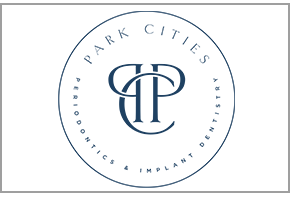How Hormonal Changes Affect Gum Health
Increases and decreases in sex hormones affect blood flow. These changes will affect blood flow to the gums as well. For instance, progesterone increases blood circulation to gingival tissue and can make gums more likely to become inflamed or irritated. This can manifest into affecting gum health when plaque and tartar build up along teeth and the gum line. Another example of hormonal changes affecting oral health is during and after menopause. Some women experience dry mouth because of menopausal and post-menopausal hormonal changes. Dry mouth is problematic for soft oral tissues because a lack of moisture in the mouth will irritate the gingiva along with creating an environment where harmful oral bacteria thrive. Women are also susceptible to gingival irritation and possibly periodontal disease during pregnancy and menstruation.
Preventing Gum Disease
The first line of defense against periodontal disease is committing to a proper oral hygiene routine that includes thorough flossing and brushing. Patients should brush their teeth for three minutes at least twice a day. Teeth should be flossed once a day, preferably at night before bedtime. Patients should also have regular professional cleanings to remove tartar and routine checkups to catch periodontal disease as early as possible.
Treating Periodontal Disease
Our team has special education and training to treat conditions that affect the gums, including periodontitis—an aggressive, advanced form of gum disease. Using the latest technology such as laser gum treatment, we can help clean away the infection, stimulate new tissue growth, and improve a patient’s overall oral health.
For more information, contact Park Cities Periodontics and Implant Dentistry and schedule your professional consultation today.
